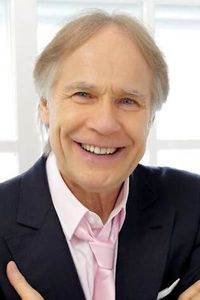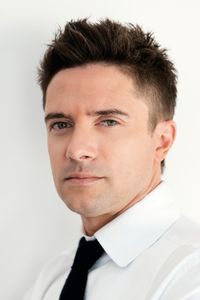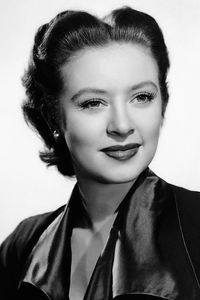Philippe Pagès, born on December 28, 1953, in Paris, France, is a renowned French pianist who has made a significant impact on the music world. He is best known for his instrumental renditions of popular music, rearrangements of movie soundtracks, ethnic music, and easy-listening arrangements of classical music.
Pagès began learning piano from his father, an accordion teacher, at a young age. His natural talent and dedication led him to be accepted into the prestigious Conservatoire de Paris at the age of twelve. He went on to win great acclaim in his later adolescent years, but financial difficulties, precipitated by his father's illness, forced him to put his classical music career on hold.
Instead, Pagès found work as a bank clerk and an accompanist to contemporary bands, where he had the opportunity to work with renowned French singers such as Johnny Hallyday, Thierry Le Luron, and Michel Sardou.
In 1976, Pagès received an invitation from French record producer Olivier Toussaint and his partner Paul de Senneville to record a gentle piano ballad. The ballad, composed by de Senneville as a tribute to his baby daughter Adeline, was a huge success, selling 22 million copies in 38 countries. The single, titled "Ballade pour Adeline", catapulted Pagès to international fame and cemented his reputation as a talented pianist.
Pagès adopted the stage name Richard Clayderman, taking his great-grandmother's last name to avoid mispronunciation of his real name outside France. He went on to record over 1,300 melodies, creating a new romantic style that combines his original compositions with classical and pop standards.
As of 2006, Clayderman's record sales numbered approximately 70 million, with 267 gold and 70 platinum albums to his credit. He is widely regarded as the most successful pianist in the world, a title recognized by the Guinness Book of World Records.
























